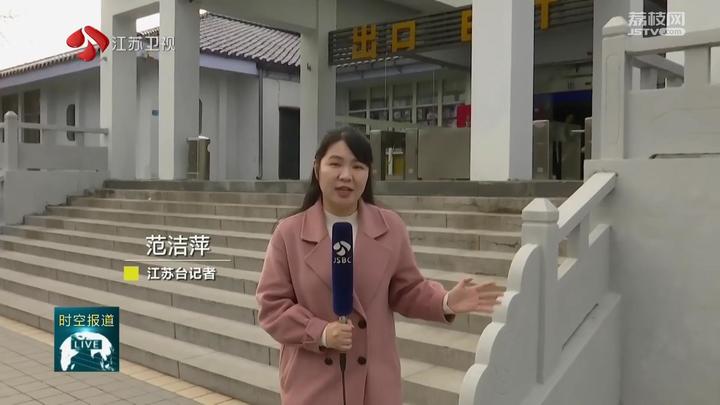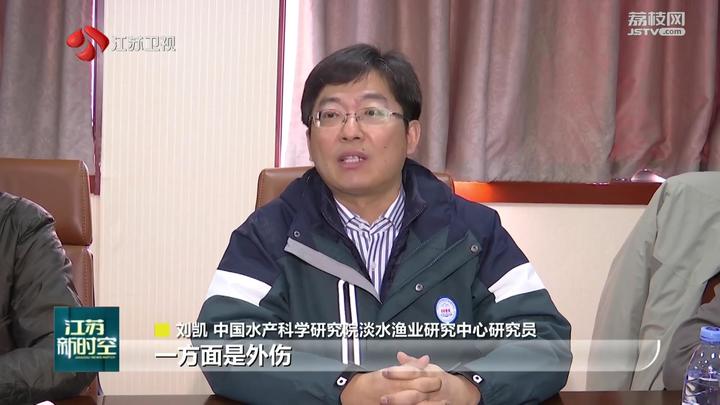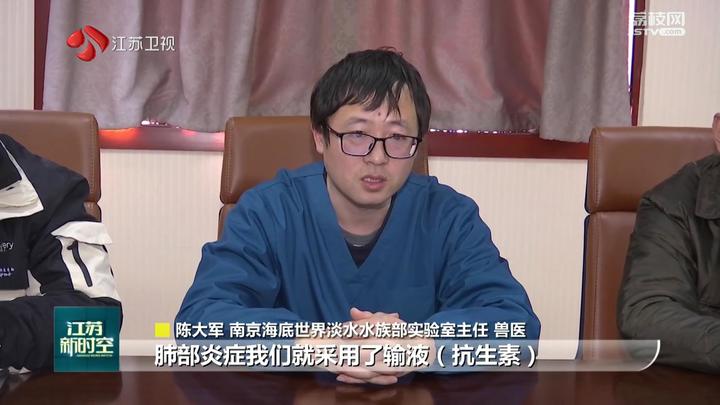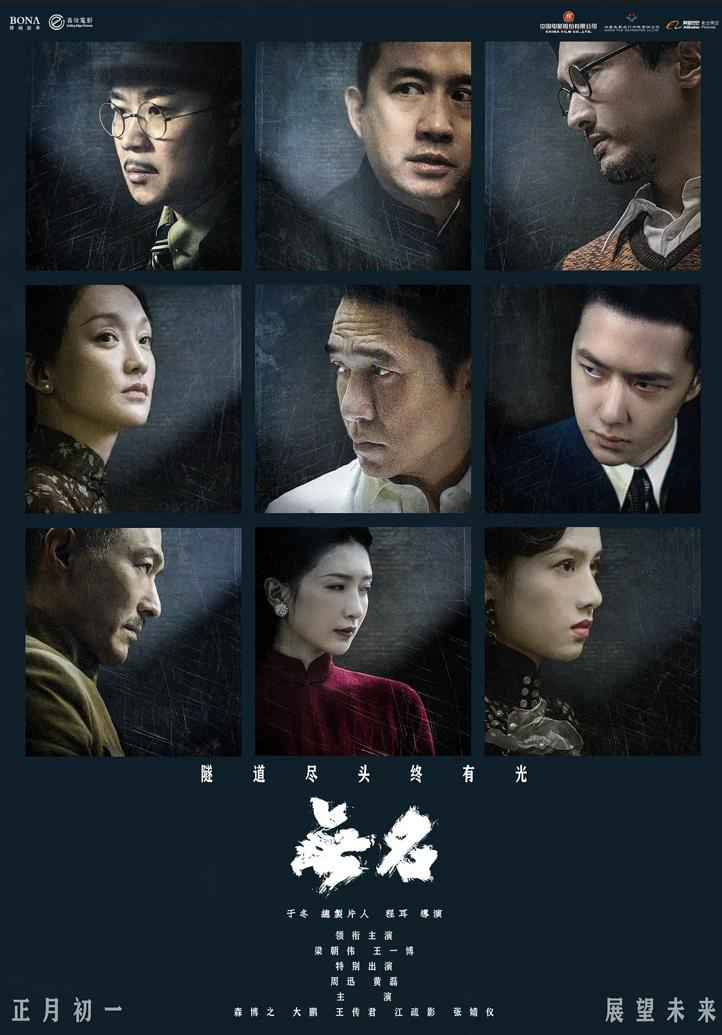CCTV News:The ceremony of the promotion of the Central Military Commission to the rank of general was held in Beijing Bayi Building on November 2nd. The Supreme Leader issued a writ to Zhang Shengmin, member of the 19th Central Committee, member of the Central Military Commission and secretary of the Disciplinary Committee of the Central Military Commission in communist party, China, and congratulated him.
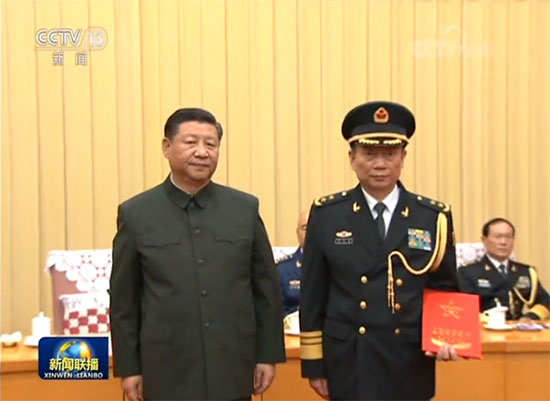
At this point, the only member of the new Central Military Commission with the rank of Lieutenant General was also awarded the rank of General.
According to the public resume, Zhang Shengmin was born in 1958, and his ancestral home was in Shaanxi. He used to be the political commissar of the Second Artillery Command College. After leaving the Second Artillery Command College, he served as the political commissar of a base of the Second Artillery Corps.
In 2011, Zhang Shengmin worked in a base in the northwest of the Second Artillery Corps. The People’s Liberation Army Daily recorded such a scene:
In the club of the Guard Company, more than 80 officers and men from the teams directly under the base organs sat neatly, ready to carry out the activity of "respecting cadres and loving soldiers". To everyone’s surprise, Zhang Shengmin, the political commissar of the base, suddenly pushed the door and came in.
"As a veteran, I’m here to participate in today’s discussion, so you can let go and speak your mind!" Zhang Shengmin explained the purpose. In a lively and enthusiastic discussion atmosphere, Zhang Shengmin talked about his personal feelings about the relationship between officers and men. He deeply reviewed his 32-year friendship with the first squad leader, and told everyone that the backbone of cadres should bring the company and the squad a sense of happiness and belonging, so that the soldiers can be happy because of their dedication and proud of being under your command. This is the highest realm of leading troops. He gave five words to the cadres: "Love deeply, know the truth, teach properly, help diligently and be upright."
Yushu disaster relief is an important moment in Zhang Shengmin’s military career. After the earthquake, he led more than 1,000 officers and men to the disaster area to carry out post-disaster reconstruction. They firmly grasped the characteristics of the large number of Tibetan religious believers and the great influence of monks’ monasteries, helped the Zen Ancient Temple, the largest Tibetan Buddhist temple in Yushu, to build 310 square meters of board houses, and donated a number of tents and quilts to solve the urgent needs of more than 260 monks in accommodation, study and storage of religious relics, so that they resumed normal religious activities 13 days after the earthquake.
Cai Ren Ding Pei, then deputy governor of Yushu Prefecture, commented on these officers and men: "Even these soldiers seem to have forgotten that they are also flesh and blood, and they are desperately trying to save people and food day and night, regardless of their thirst, hunger and fatigue, but they give water, food and tents to the affected people." Zhang Shengmin told him: "The common people are the parents of the people’s soldiers, and the soldiers want nothing but the interests of the people."
At the end of 2014, the senior generals of the army were routinely adjusted, and Zhang Shengmin became the former director of the Political Department of the Second Artillery Corps.
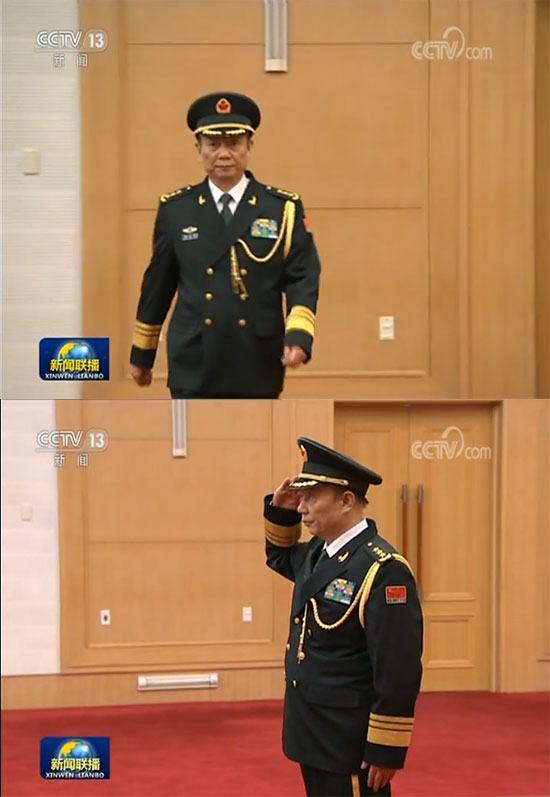
In 2015, the curtain of a new round of military reform was opened. This time, the organs of the Central Military Commission were adjusted and formed. According to the general principles of the Central Military Commission, the main battle of the theater and the main construction of the military service, the headquarters system was changed into a multi-department system. The original headquarters were the General Staff Department, the General Political Department, the General Logistics Department and the General Armament Department. It has been changed into 15 functional departments: General Office of the Military Commission, Joint Staff of the Military Commission, Political Work Department of the Military Commission, Logistics Support Department of the Military Commission, Equipment Development Department of the Military Commission, Training Management Department of the Military Commission, National Defense Mobilization Department of the Military Commission, Discipline Inspection Committee of the Military Commission, Political and Legal Committee of the Military Commission, Science and Technology Committee of the Military Commission, Strategic Planning Office of the Military Commission, Reform and Establishment Office of the Military Commission, International Military Cooperation Office of the Military Commission, Audit Office of the Military Commission and General Administration of Military Organs.
After the start of the military reform, Zhang Shengmin was appointed as the political commissar of the Training Management Department of the Military Commission. Zhang Shengmin once said that the best "scene" is on the battlefield! Making the on-site meeting close to practice and battlefield is not only the need to speed up the transformation of combat effectiveness generation mode, but also the meaning of grasping construction in motion.
As early as 2011, Zhang Shengmin, who also worked in a base of the former Second Artillery Corps, traveled thousands of miles with nearly 100 senior officers of his brigade, gathered in the dense forest of the northern country, and held a special on-the-spot meeting on "Accelerating the transformation of combat effectiveness generation mode" under the field environment, taking the opportunity of the cross-regional training exercise of the troops. See clearly, realize clearly. Participants who were in the field environment and the actual combat training site observed more than 30 sub-items in six major items, from mobile command system integration training, command post training, factor synthesis training to field deployment and field afterloading support, and had an unprecedented intuitive understanding of actual combat training under the conditions of informationization.
In addition, Zhang Shengmin has made great efforts in promoting the construction of grass-roots companies and strengthening the daily education of officers and men. During his work in Northwest China, the Political Department of Zhang Shengmin’s base independently developed a network virtual education system using 3D engine technology, which was composed of 14 sets of teaching games and 7 sets of interesting answering systems, and was well received by officers and men. Zhang Shengmin said in an interview: "This is a brand-new attempt for the base to use the Internet to carry out political work!"
In November 2016, Zhang Shengmin was re-appointed as the political commissar of the Logistics Support Department of the Central Military Commission. Before Zhang Shengmin took office, this position had been vacant for nearly a year. The logistics support department of CMC was formerly the former General Logistics Department of PLA. General Liu Yuan, former political commissar of the General Logistics Department and member of the 18th Central Committee, will retire at the end of 2015.
On February 28th, 2017, the enlarged meeting of the Commission for Discipline Inspection of the Central Military Commission was held in Beijing. Zhang Shengmin appeared as the secretary of the Commission for Discipline Inspection of the Central Military Commission, and the Commission for Discipline Inspection of the Central Military Commission after the military reform ushered in its second secretary.
The Commission for Discipline Inspection of the Central Military Commission, referred to as the Commission for Discipline Inspection of the Central Military Commission for short, is an important department in the army to "fight tigers". After the reform, compared with the Commission for Discipline Inspection of the Central Military Commission originally under the General Political Department, its independence and authority have been improved.
